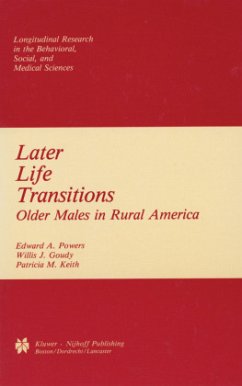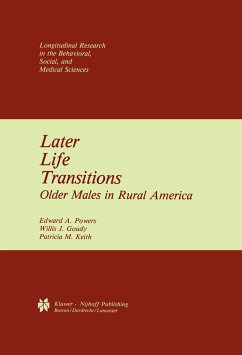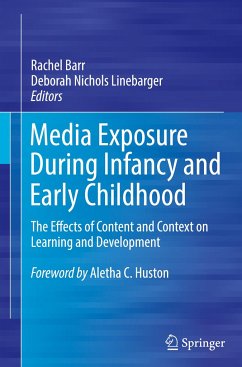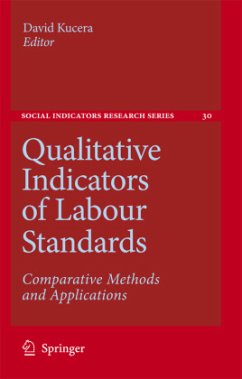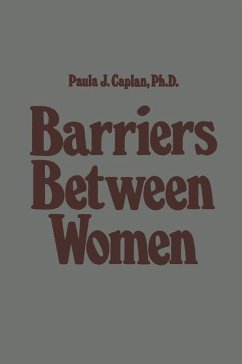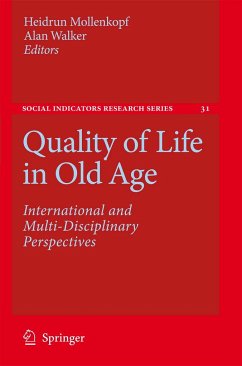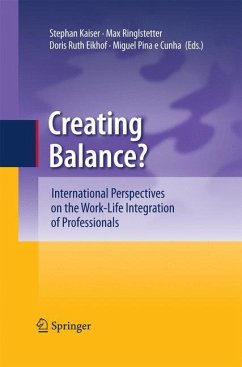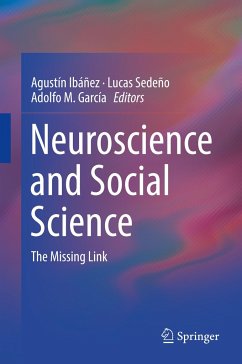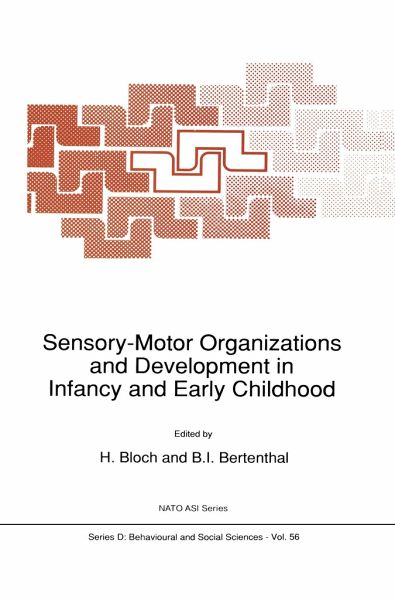
Sensory-Motor Organizations and Development in Infancy and Early Childhood
Proceedings of the NATO Advanced Research Workshop on Sensory-Motor Organizations and Development in Infancy and Early Childhood Chateu de Rosey, France
Herausgegeben: Bloch, H.; Bertenthal, B. I.

PAYBACK Punkte
115 °P sammeln!
This book is the outcome of a Nato Workshop, held in France in July 1989. The workshop was organized to examine current ideas about sensory-motor organizations during human infancy and their development through early childhood. The study of sensory-motor development is experiencing a profound shift in scope, focus, methodology and theoretical foundations. Many of these changes are quite new and not yet well covered in the literature. We thought it would be useful for some of the leading researchers in this field to convene together and to compare notes, and collectively to establish future dir...
This book is the outcome of a Nato Workshop, held in France in July 1989. The workshop was organized to examine current ideas about sensory-motor organizations during human infancy and their development through early childhood. The study of sensory-motor development is experiencing a profound shift in scope, focus, methodology and theoretical foundations. Many of these changes are quite new and not yet well covered in the literature. We thought it would be useful for some of the leading researchers in this field to convene together and to compare notes, and collectively to establish future directions for the field. The reasons for a new conceptualization of sensory-motor development are no doubt numerous, but three are especially significant: 1. One concerns a shift from studying either sensory or motor processing to investigation of the relations between the two. 2. The second is connected to the new emphasis on action, and its implications for goal-directed and intentional behaviour extending over time. 3. Lastly, new theories and methodologies provide access to new tools for studying and conceptualizing the developmental process. 1.-One of the most enduring legacies of the behaviorist perspective has been a focus on the stimulus and the response to the exclusion of the relation between them (Pick, 1989). Historically, this bias translated into a research agenda in which the investigator was concerned with either perceptual or motor competence, but rarely the relation between them.





